
Ticiana Leal, MD, Winship Cancer Institutes, explains the importance of biomarker testing and multidisciplinary conversations while caring for patients with early-stage non–small cell lung cancer (NSCLC).

Ticiana Leal, MD, Winship Cancer Institutes, explains the importance of biomarker testing and multidisciplinary conversations while caring for patients with early-stage non–small cell lung cancer (NSCLC).
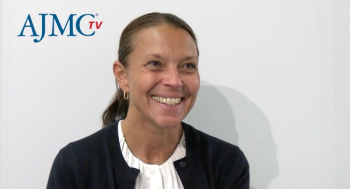
Anna-Maria Hoffmann-Vold, MD, PhD, a senior consultant and leader of inflammatory and fibrotic research area at Oslo University Hospital, discusses therapies and management guidelines for patients with interstitial lung disease (ILD).
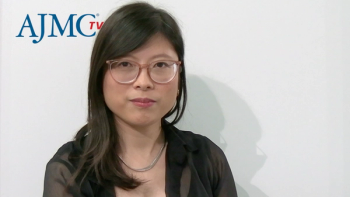
Io Hui, PhD, researcher at The University of Edinburgh, discusses challenges to implementing artificial intelligence in respiratory care.
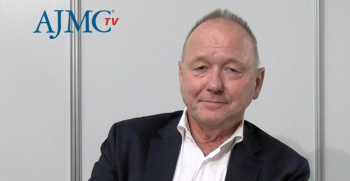
Klaus Rabe, MD, PhD, chest physician and professor of medicine, University of Kiel, discusses the potential of tailored treatment strategies and the importance of smoking cessation.
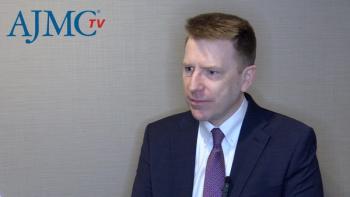
In this interview from our Institute for Value-Based Medicine® event in Boston, we speak with Michael Hassett, MD, MPH, Dana-Farber Cancer Institute, on the clinical significance and cost implications of HER2 in the breast cancer space.
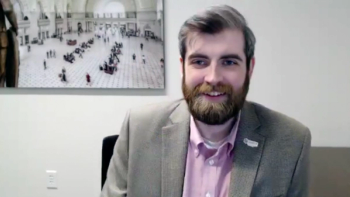
Speakers from across the care continuum will discuss legislative updates, glucagon-like peptide-1 (GLP-1) use for weight management, and more at this year’s AMCP Nexus.

The theme of our inaugural regional Institute for Value-Based Medicine® event in Boston was, “Elevating Value in Cancer Care,” and one of the 4 panel discussions focused on the important contributions of pharmacists and the practice of pharmacy to the oncology space.
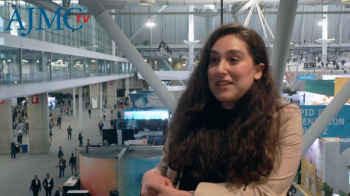
CHEST 2024 late-breaking data showcased the potential of AI-based systems in diagnosing and managing pulmonary embolism.
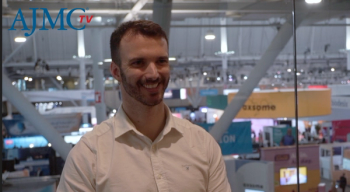
Chronic obstructive pulmonary disease (COPD) presents a significant challenge for both patients and health care providers and discussions of effective management strategies took center stage at CHEST 2024 in Boston.
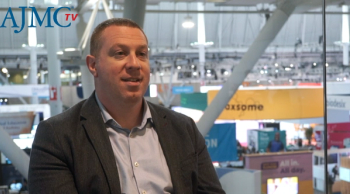
Hope is on the horizon for patients living with chronic obstructive pulmonary disease (COPD). CHEST 2024 in Boston featured a session highlighting emerging bronchoscopic therapies.
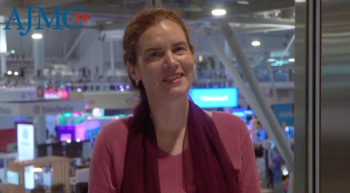
New data presented at CHEST 2024 in Boston revealed a significant link between obstructive sleep apnea and mental health disorders in middle-aged and older adults.
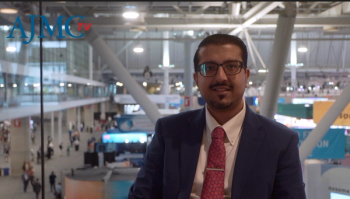
Krunal Patel, MD, Temple University Hospital, highlights CHEST 2024 data revealing why timing matters with acute pulmonary embolism (PE) intervention.
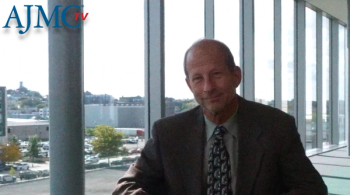
One of the first sessions to kick off CHEST 2024 in Boston looked at the future of physician compensation, which highlighted the consolidation of physician practices, unionization, the role of coding and fee-for-service payment, and the impacts of facility reimbursement, inflation, and market conditions.
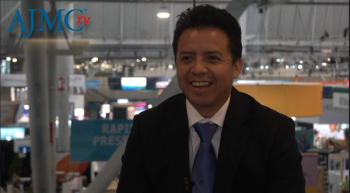
In this interview, Juan Carlos Martinez, MD, explains that while patients recognize the severity of lung cancer, there is a lack of knowledge about lung cancer screening methods, likely due to barriers such as language, education, and health care access.

Surbhi Sidana, MD, MBBS, shares how the addition of an anti-CD38 antibody to the VRd regimen significantly improves progression-free survival for patients with transplant-ineligible multiple myeloma.

This interview accompanies the final podcast in our National Recovery Month series with Lyndra Bills, MD, senior medical director, and Shari Hutchison, MS, director of program evaluation and outcomes, both with Community Care Behavioral Health Organization, part of the UPMC Insurance Services Division.

Parth Rali, MD, Temple University Hospital, is looking forward to approaching pulmonary vascular diseases as a spectrum, especially when assessing pulmonary embolism and pulmonary hypertension, at CHEST 2024.

On September 20, the FDA approved isatuximab plus bortezomib, lenalidomide, and dexamethasone in the first line for patients who have multiple myeloma and are ineligible for transplant.

The 25th International AIDS Conference took place July 22-26 in Munich, Germany, and one of the sessions delved into the potential impact of civil society laws on the 95-95-95 targets as laid out in the UNAIDS Global AIDS Strategy for 2021 to 2026.

Speakers at the 2024 International Myeloma Society (IMS) conference share the updates from the myeloma space that they were most excited about this year.

Klaus Rabe, MD, PhD, chest physician and professor of medicine, University of Kiel, discusses improvements in lung function observed in patients enrolled in the BOREAS trial.

April Armstrong, MD, MPH, chief of dermatology, UCLA, discusses the impact of a new oral therapy option for patients with moderate to severe psoriasis.
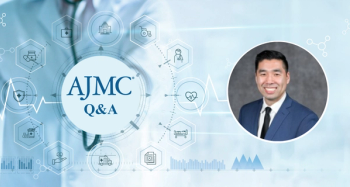
Value-based agreements come with risks and benefits, but a health system’s existing facilities and initiatives can help support the goals associated with them, JT Lew, PharmD, MBA, a managed care pharmacist at MultiCare Health System, explained.
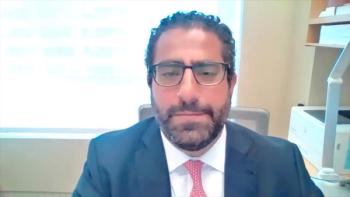
In less than a month, from August 20 to September 19, amivantamab (Ami; Rybrevant, Johnson & Johnson) received 2 approvals from the FDA for use in non–small cell lung cancer (NSCLC).

September is National Recovery Month, and we are bringing you another limited-edition month-long podcast series with our Strategic Alliance Partner, UPMC Health Plan. In our final episode, we speak with Lyndra Bills, MD, and Shari Hutchison, MS.
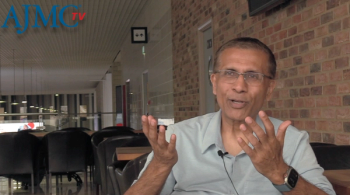
While previous trials have led to questions surrounding the potential benefits of valve interventions in mitral or tricuspid regurgitation, a pair of trials presented recently demonstrate their potential, Javed Butler, MD, MPH, MBA, president of the Baylor Scott and White Research Institute, said.
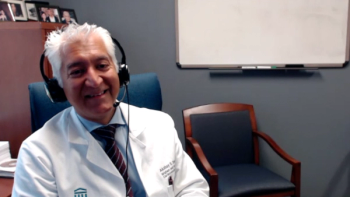
Finerenone is at least as effective in patients who are in the hospital or were recently hospitalized for heart failure as those with stable condition, said Akshay Desai, MD, of Brigham & Women’s Hospital.

As cancer therapies extend patients’ lifespans, it’s important to implement cardioprotective strategies, said Aaron Adkisson, PharmD, of University of Kentucky.

The pharmacist is a critical member of the care team to help manage patients on treatment and contain costs of cancer care, said Kirollos S. Hanna, PharmD, BCPS, BCOP, FACCC, director of pharmacy, Minnesota Oncology.
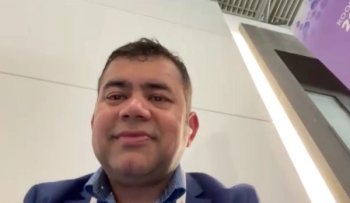
Binod Dhakal, MD, associate professor, division of hematology and oncology, Medical College of Wisconsin and lead investigator of the CARTITUDE-4 study, presented updated data at the 2024 International Myeloma Society conference.

259 Prospect Plains Rd, Bldg H
Cranbury, NJ 08512
© 2025 MJH Life Sciences®
All rights reserved.
